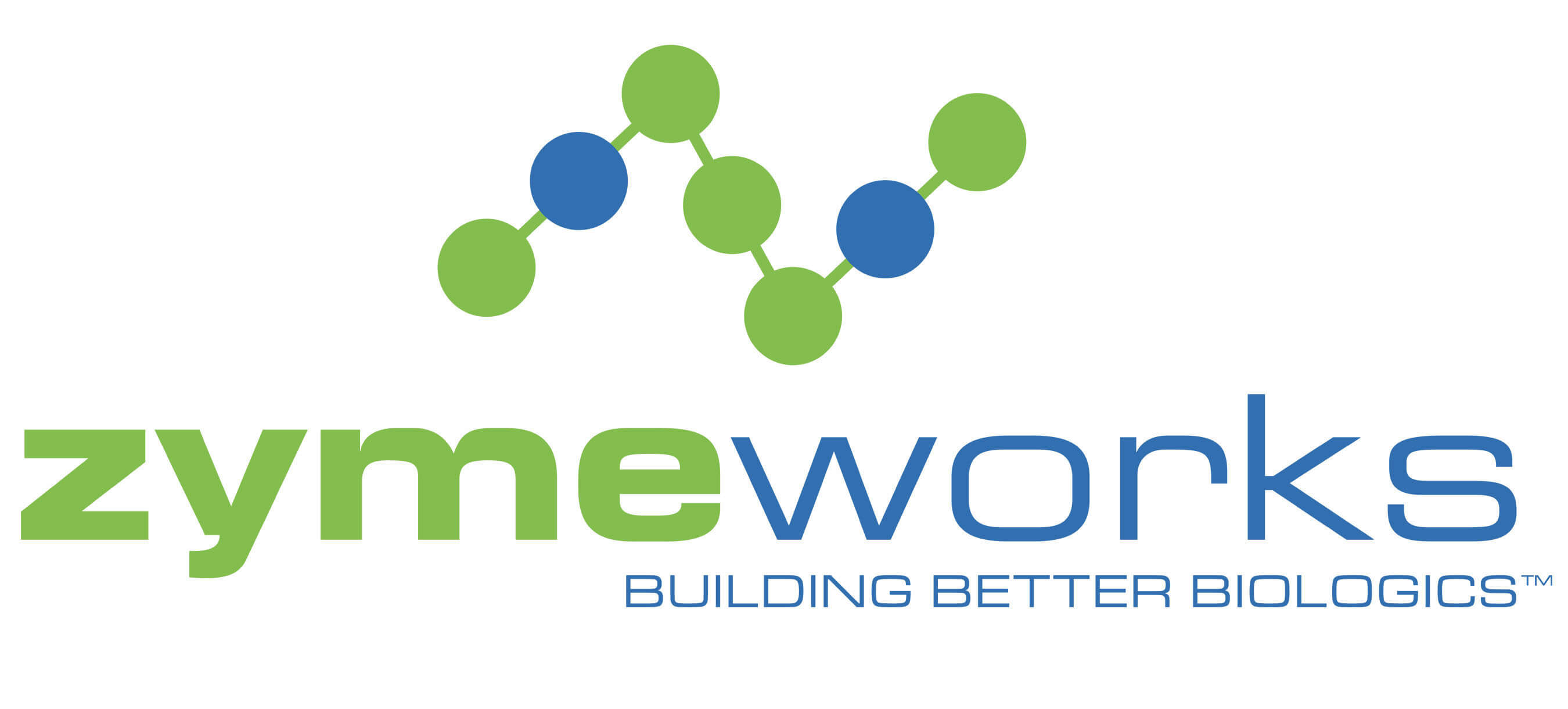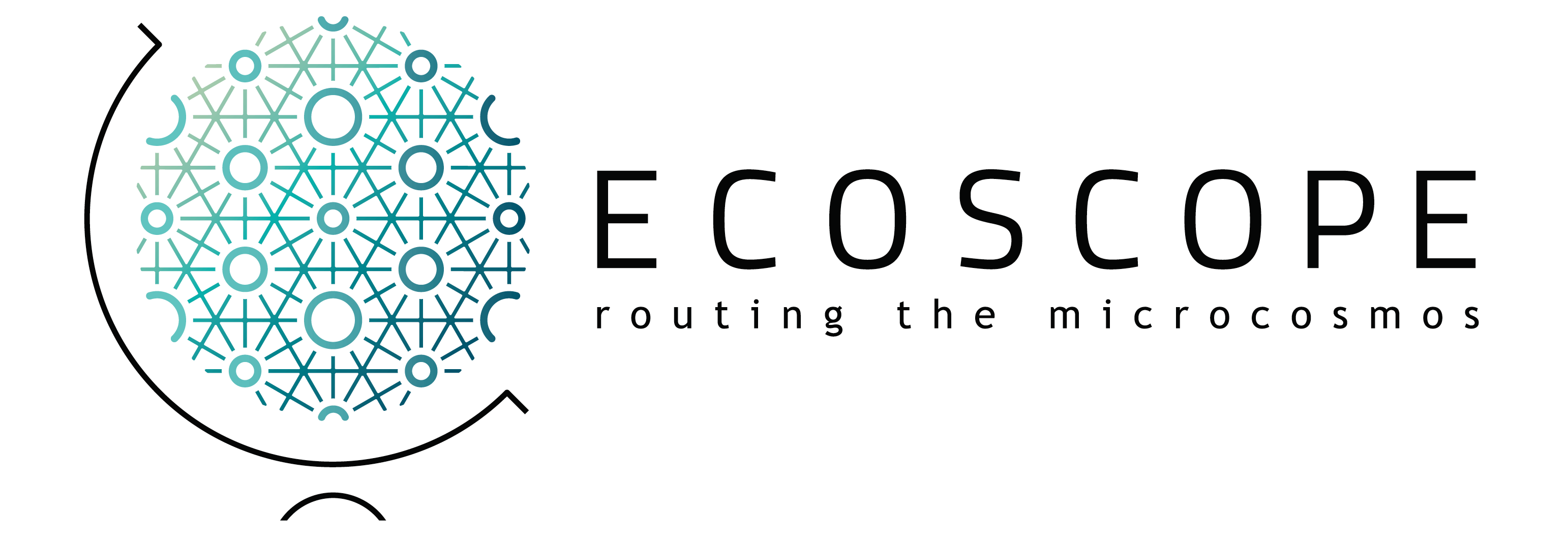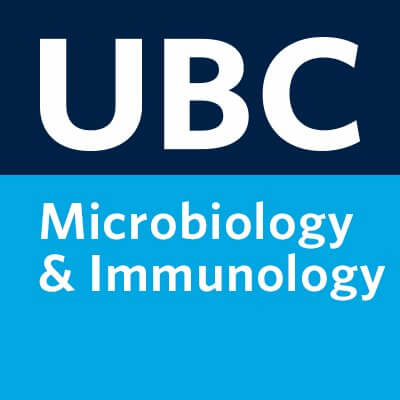2019 MBIM Undergraduate Research Symposium
Date: Thursday, April 25th, 2019
The MBIM Undergraduate Research Symposium provides undergraduate students with a forum to share their research findings, interact with scientists with related interests, and develop communication skills.
Please direct any questions about the symposium to Dr. David Oliver (dcoliver@mail.ubc.ca).
The symposium will include oral and poster presentations featuring the work of our undergraduate students done in research laboratories (MICB 448/449) as well as some of our cutting-edge experiential learning courses and lectures (MICB 306, MICB 308, MICB 406, MICB 421, and MICB 447).
Prizes for the top presentations will be awarded.
The 2019 MBIM URS will include a keynote lecture, short oral and poster presentations by undergraduate students, awards for the top presentations and posters, and a light lunch. Poster printing services will be provided.
| Program: Thursday April 25th, 2019 | |||||||||||||||||
|---|---|---|---|---|---|---|---|---|---|---|---|---|---|---|---|---|---|
|
8:30 - 8:55 |
Light Breakfast & Welcome Address - LSC West Atrium |
||||||||||||||||
|
9:00 - 11:00 |
|
||||||||||||||||
|
11:00 - 11:15 |
Big Welcome - LSC 3 |
||||||||||||||||
|
11:15 - 12:00 |
Keynote Talk - LSC 3 |
||||||||||||||||
|
12:00 - 13:30 |
Lunch & Poster Session - LSC West Atrium - Odd posters judged between 12:00 - 12:45 - Even posters judged between 12:45 - 13:30 |
||||||||||||||||
|
13:30 - 15:30 |
|
||||||||||||||||
|
15:30 - 16:00 |
Awards & Closing Remarks – LSC 3 |
Past symposia:
The 2018 MBIM URS on April 26th featured 24 oral presentations and 18 poster presentations by undergraduate students. A keynote research lecture was delivered by Department Head Dr. Michael Gold. Awards were given for the best presentations on the day.
Top oral presentations were awarded to:
- Priya Suresh (MICB 406)
- Thomas Hoang (Vallance lab, Directed Studies project)
- Reiko Okamoto, Andrea Sze, Amanda Krystal, and, Zachary Weiss (MICB 421).
Top poster presentations were awarded to:
- Wallace Yuen (Osborne lab)
- Yi Tian Liu (Gold lab)
- Almas Khan, Desiree Pagulayan, Michelle Gu, and Karen Tam (MICB 421).
Support for 2018 MBIM URS was provided by ECOSCOPE and the Department of Microbiology and Immunology.
Keynote Lecture

Dr. Steven Hallam
Professor at the Department of Microbiology and Immunology , UBC
Presentation Title - From the mind of a worm to memory in the microcosmos: Personal reflections on discovery and reinvention at disciplinary interfaces
Bio:
Dr. Hallam is a University of California Santa Cruz and MIT trained molecular biologist, microbial ecologist, entrepreneur, and innovator with over 20 years of experience in field and laboratory research at disciplinary interfaces. He is a Professor in the Department of Microbiology and Immunology, former Canada Research Chair in Environmental Genomics and a program faculty member in the Bioinformatics and Genome Sciences and Technology training programs.
At UBC Steven directs the Ecosystem Services, Commercialization Platforms and Entrepreneurship (ECOSCOPE) innovation ecosystem consisting of an NSERC CREATE training program, a research network and a core facility for high-throughput screening that integrate across microbial ecology, biological engineering, data science, and networking and entrepreneurship research and training pillars.
His current research emphasizes the creation of functional screens and computational tools that reveal hidden metabolic powers of uncultivated microbial communities. In 2016 he co-founded Koonkie Cloud Services to provide scalable software and analytics solutions to public and private sector partners.
Steven is a UBC Killam Teaching Prize recipient and a strong advocate for the Scholarship of Education Leadership. In 2017 he launched the Experiential Data Science for Undergraduate Cross-disciplinary Education (EDUCE) project with support from the Teaching and Learning Enhancement Fund to build progressive data science competency in the Microbiology and Immunology curriculum.
In 2013 he was elected Fellow of the American Association for the Advancement of Science for distinguished contributions to the fields of environmental genomics and microbial ecology. More recently he became a Leopold Leadership Fellow and Peter Wall Scholar in Residence.
Deadline - Extended to April 12th, 2019
MBIM URS uses the guidelines for abstract submission to the American Society for Microbiology Annual General Meeting (summarized in the box below). Please ask your supervisor or course Instructor for advice if you have questions about writing a scientific abstract. Indicate if you would prefer to give an oral presentation (individual or team-based) or poster. A committee will select abstracts for oral presentations. All submissions will be invited to present a poster. Printing services for posters will be provided.
Your abstract may have a maximum limit of 2,200 characters. Authors, groups, institutions, and acknowledgement/references are not counted.
Use 12-point Times New Roman font.
- Abstracts must be well written and easy to understand.
- Approval of all co-authors must be obtained before placing their names on an abstract.
- Abstracts that do not meet the submission requirements will be subject to rejection
Guidelines for Abstracts for Original Research Talks or Posters (MICB 421/447/448/449/co-op):
- The reason for the study or how the study came about (e.g. hypothesis, discovery or central question) should be clearly stated.
- Methods must be included.
- Data must be objectively gathered, analyzed and reported.
- Data must support the stated conclusion(s).
- Scientific research presentations will be expected to transparently report a study, including, but not limited to the following:
- experimental design
- methodology
- data collection
- analysis
- interpretation and reporting of results
- Other key components of scientific rigor that should be included, if applicable, are sample size, randomization, blinding, and replication.
This American Society for Microbiology video provides useful guidance on writing a scientific abstract:
https://www.youtube.com/watch?time_continue=428&v=lLTJ1PKtZwU
Guidelines for PEARLS (MICB 406) Hot Topic presentations:
- Structure should follow:
- Introduction (background on viruses/viral diseases investigated)
- Rational (problem statement - unresolved questions, opportunities, challenges in the fields selected)
- Three research questions that will be investigated
- Proposed experimental approaches to investigate these questions (technology platforms)
- Expected findings from these studies
- Overall impact of the proposed work in molecular virology (potential breakthrough and advances in viral infectious diseases)
Guidelines for Abstract for Info Graphics (MICB 306, MICB 308):
- Structure should follow:
- Topic Statement
- 2-3 sentences of explaining key points in graphic
- Summary Statement
Select abstract guidelines borrowed from the American Society for Microbiology.
2019 Guidelines PDF LinkUndergraduate Planning Committee
- Shirley Liu (Co-Chair)
- Dylan Zhao (Co-Chair)
- Mahta Amanian
- Tamar Av-Shalom
- Christiane Boen
- Selina Demetrick
- Al Rohet Hossain
- Helen Hsiao
- Ji-in JJ Hum
- Wesley Hunt
- Sara Kowalski
- Shirley Li
- Marcus Lo
- Jody Mao
- Bachviet Nguyen
- Andrew Wilson
- Amanda Yang
- Annie Yip
- Aya Zakaria
Faculty & Staff
- Parvin Bolourani, PhD - outreach, alumni engagement, postdoctoral fellows & project coordinator
- Kim Dill-McFarland, PhD - post-doctoral fellow
- Mike Gold, PhD - Department Head and LSI Interim Co-Director
- Marcia Graves, PhD - Instructor
- Francois Jean, PhD (Co-chair) - Associate Professor
- Craig Kornak - undergraduate administrative assistant
- Eric Lee- IT Support & Web Design
- David Oliver, PhD (Co-chair)- Instructor
- Andrew Sharon, BSc - graduate student
Our generous Sponsors:





